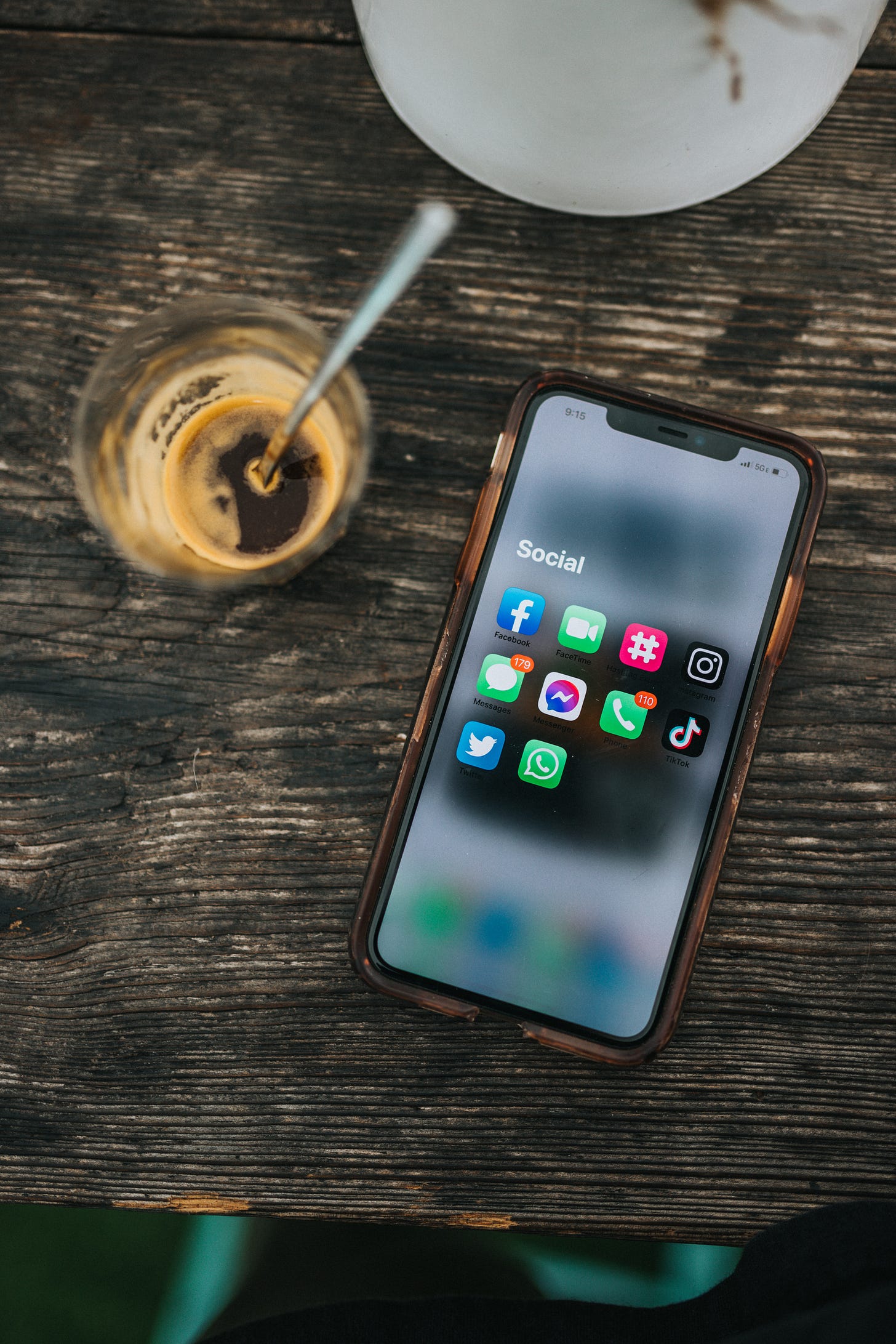You probably argued with someone on social media this week. If you didn’t hunt and peck at your keyboard about how stupid/ republican/ trumpist/ democrat/ leftist/ woke/ etc…someone was, you likely read something you really wanted to respond to but you had the discipline to not post. You just went about your day, but still returned to it in your mind, shimmering or stewing about what you could have said.
It’s okay. I did. Maybe we all did.
A Quick Story
I recently found myself in an online discussion with someone who disagreed with me. That happens all the time. Only this time, this particular woman had no argument to make. My points weren’t considered and she made no points of her own. Just stated disagreement, continued to say she disagreed, but offered no alternative perspective or proposition.
It was hella frustrating.
People don’t have to agree with me. I don’t expect agreement. I can’t grow from agreement. But, my mind says, if someone says they disagree with me, I think they owe it to me to say why, how. I’m open to the idea that you may have misinterpreted what I said. I don’t suspect I can’t be wrong.
Like I said, hella frustrating.
Identity Foreclosure
Then a high school friend of mine told me why our mutual friend hadn’t responded. He suspected that she’d never considered what I wrote. She’d accepted a view of her self and the way the world worked. She disagreed because she disagreed. She’d taken her perspective as an immutable reality. She couldn’t respond because she’d never considered that her accepted notions weren’t universally accepted notions. What’s more, to shift her thinking required her, not merely to see an issue differently, but her place in the world differently.
This is what psychologist Adam Grant calls Identity Foreclosure. Think of it this way: A 2nd grader decides he wants to be an accountant when he grows up (I know, no second grader dreams of being an accountant). This is the way he conceives of himself. His subsequent actions in the elementary, middle, and high school conforms to that identity. Then as a high school senior he discovers radiology after a hospital visit and, turns out, he has a knack for science. But he’s already decided that he is an accountant. When his parents suggest colleges which have excellent pre-med programs and high rates of acceptance into desirable medical schools, parts of him are offended, thinking, “my parents don’t support me.”
The actually problem is that he has foreclosed all possibilities to become (read: think) anything else. (I wrote about the Enneagram and Identity Foreclosure for paid subscribers earlier this week). And this is what most social media arguments are about, not the facts, evidence, or even human flourishing. Our arguments are chiefly about our identities. Humans lock ourselves into groups and sub-groups with distinct identities which we then defend, not based on facts, data, and flourishing, but the identity protection over and against other groups.
We argue because we foreclose identities.
Overcoming
How do we overcome Identity Foreclosure?
First, we have to reject the idea that we can only be one thing. Our careers, successes, failures, families, race, religion, politics, etc…don’t define us. I’m not black. I’m Sean. Sean’s skin is black. My soul belongs to Jesus.
When we hear someone say, for instance, “I’m fat.” Our response should not be “No, you’re not. You have fat. Everyone has fat.” When someone says or does something racist we should not say “She is racist,” but rather “that was racist.1 None of us are only one thing. We contain multitude.
Second, stay curious. Read widely. Ask questions. You don’t know everything. Most of us don’t know much. The way we grow is by increasing our curiosity and decreasing our opinions.
Third, commit to trying new things. I wrote in 40 Days on Being a Three (Enneagram Daily Reflections) about my photography. Taking up photography allowed me to be a beginner again, start from scratch, and incorporate images into my typical world of words. At this point, my images have been used by the cities like Little Rock, AK, tractor and garden companies, and purchased by private citizens. I didn’t do it to make money. I still don’t think I’m all that good, but I decided that one day I could be. But now, after people have paid me for photographs, I can say, “I’m also a photographer.”
Your identity doesn’t have to be defended. When not defended, it’s less offended.
You are more than a collection of positions you took with a political party, profession, family of origin, nation, theological perspective, or organization.
You are multitudes.
More to come this week in the paid subscriber newsletters.





